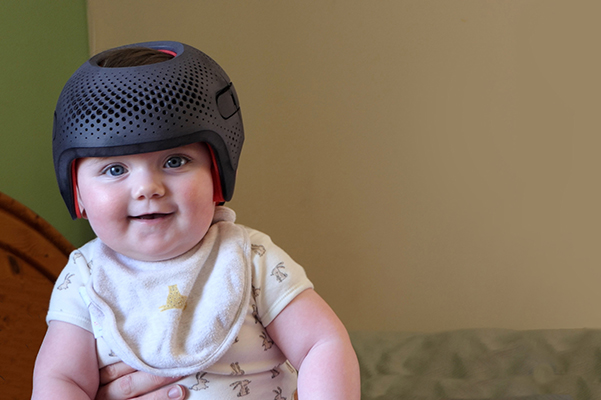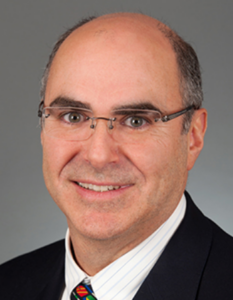The Evaluation and Management of Infant Head Shape Abnormalities (35 min.)
In this presentation, Dr. Mark Proctor explains the anatomy of skull development and the common causes of cranial deformity. Furthermore, Dr. Proctor determines how to diagnose cranial deformity on physical exam, and distinguishes deformational plagiocephaly from craniosynostosis. Dr. Proctor also describes when to treat patients, the benefits of treatment, and when to send a child to see a specialist. The presentation was recorded at the Shamberger’s Frontiers in Pediatric Surgery Conference on March 8, 2023.
$50.00
Description
Learning Objectives:
At the conclusion of this educational program, learners will be able to:
- Understand the anatomy of skull development and the common causes of cranial deformity.
- Determine how to diagnose cranial deformity on physical exam, and distinguish deformational plagiocephaly from craniosynostosis.
- Understand when to treat, and the benefits of treatment.
- Know when to send the child to see a specialist.
 In support of improving patient care, Boston Children’s Hospital is jointly accredited by the Accreditation Council for Continuing Medical Education (ACCME), the Accreditation Council for Pharmacy Education (ACPE), and the American Nurses Credentialing Center (ANCC), to provide continuing education for the healthcare team.
In support of improving patient care, Boston Children’s Hospital is jointly accredited by the Accreditation Council for Continuing Medical Education (ACCME), the Accreditation Council for Pharmacy Education (ACPE), and the American Nurses Credentialing Center (ANCC), to provide continuing education for the healthcare team.
Physician
Boston Children’s Hospital designates this live activity for a maximum of 0.75 AMA PRA Category 1 Credits ™. Physicians should claim only credit commensurate with the extent of their participation in this activity.
Physician Assistant
Boston Children’s Hospital has been authorized by the American Academy of Physician Associates (AAPA) to award AAPA Category 1 CME credit for activities planned in accordance with AAPA CME Criteria. This activity is designated for 0.75 AAPA Category 1 CME credits. PAs should only claim credit commensurate with the extent of their participation.
Nurse
Boston Children’s Hospital designates this activity for 0.75 contact hours for nurses. Nurses should only claim credit commensurate with the extent of their participation in the activity.
Disclosure Policy
Boston Children’s Hospital adheres to all ACCME Essential Areas, Standards, and Policies. It is Boston Children’s policy that those who have influenced the content of a CE activity (e.g. planners, faculty, authors, reviewers and others) disclose all relevant financial relationships with commercial entities so that Boston Children’s may identify and resolve any conflicts of interest prior to the activity. These disclosures will be provided in the activity materials along with disclosure of any commercial support received for the activity. Additionally, faculty members have been instructed to disclose any limitations of data and unlabeled or investigational uses of products during their presentations.
Disclosure Statement
The following planners, speakers, and content reviewers, on behalf of themselves, have reported the following relevant financial relationships with any entity producing, marketing, reselling, or distributing health care goods or services consumed by, or used on patients:
Mark Proctor, MD: None
Biren Modi, MD: None
Additional information
| Credit Type | AAPA Category 1 (Physician Assistant), AMA PRA Category 1 Credits™ (MD, DO, NP, PA), Contact Hours (Nurse, Nurse Practitioner) |
|---|---|
| Duration | |
| Format | |
| Topic | |
| Expiration Date | |
| Release Date |






